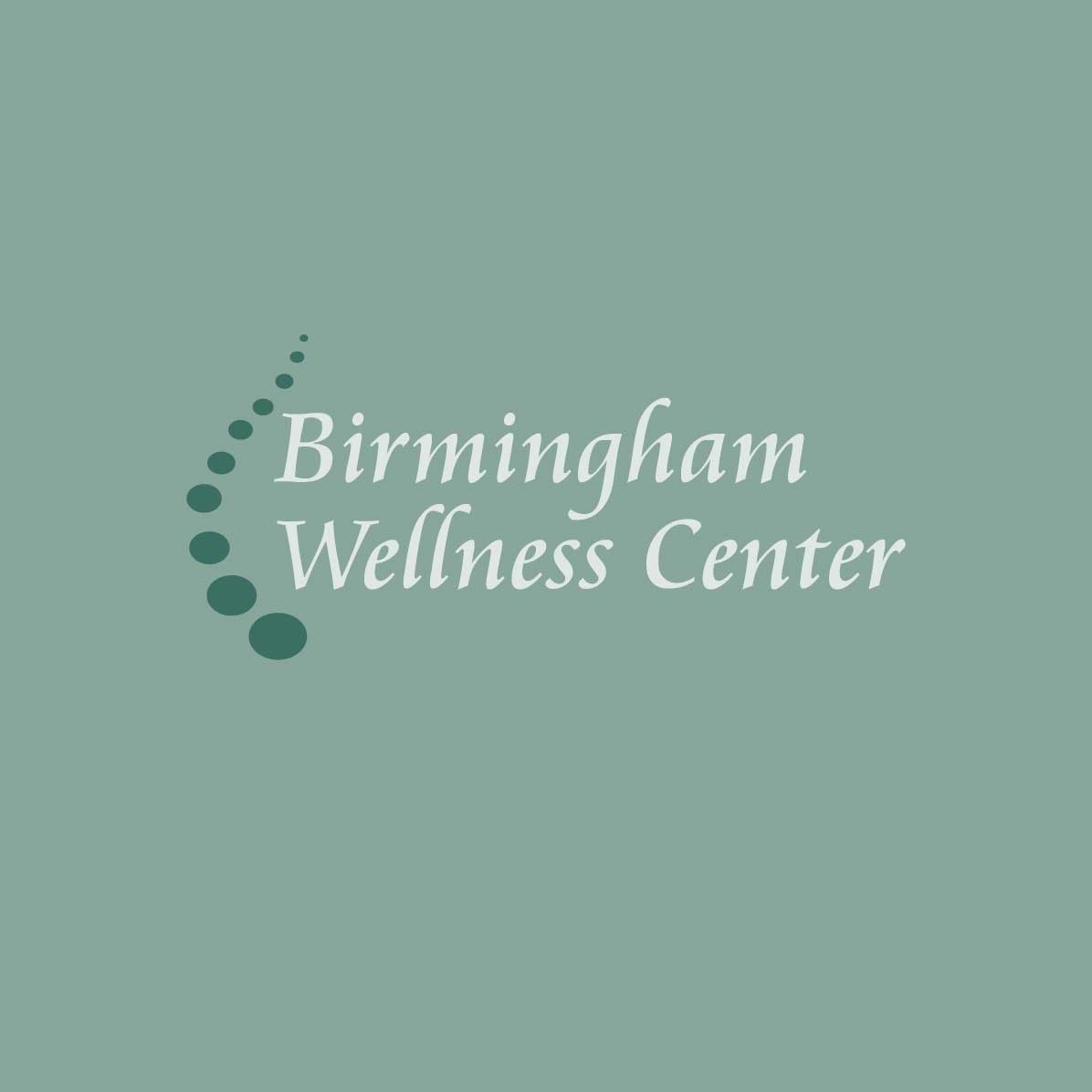Owning Your Health
- Created inNewsletter Library,Breaking Bad Habits
Recent discussions in the scientific literature are focusing on monitoring and possibly improving cardiovascular health in children. There’s been a lot of conversation and a lot of controversy. An article in the Journal of the American Medical Association1 argued that universal screening of children could result in young people being put on cholesterol-lowering drugs such as statins. And, according to certain experts, there just isn’t sufficient medical evidence to justify such prescriptions.
These are not new proposals. In July 2008 the American Academy of Pediatrics recommended that some children as young as 8 be treated aggressively with cholesterol-lowering drugs.2 Soon thereafter, in November 2008, researchers recommended that statins be prescribed for millions of healthy people with normal cholesterol levels.3
What’s going on here? Healthy adults and healthy children should take drugs? How can we make sense of these medical controversies and how can we take action that is actually appropriate to the health and well-being of ourselves and our children?
First, it’s very important to take responsibility. That’s difficult, because it seems that we live in a culture of denial. No one is responsible for anything. “Twinkies made me do it.” “I have bad genes.” “It’s not my fault.”
A person’s health is usually evaluated in the same way. Who is responsible for a lifelong two-pack-a-day smoker developing lung cancer? The tobacco company, of course. Who is responsible for someone gaining 50 pounds in a year? Well, the fast food chain is responsible. Who is responsible for hundreds of thousands of Americans developing diabetes each year? Candy manufacturers, naturally. Throw in doughnut-makers, too.
But, people are actually responsible for their own actions. Going further, in many cases people are partly responsible for the diseases and disorders they develop. It’s not that I’m a bad person, but I may be making choices that aren’t in my own best interests.
“Lifestyle health” is a relatively new term being used by many researchers and health practitioners. From a lifestyle perspective, many cases of diabetes, overweight and obesity, and high cholesterol are caused by lifestyle choices. High-fat diets, high-sugar diets, lack of daily fruits and vegetables, and lack of exercise will cause people to develop diabetes, obesity, and high cholesterol.
Lifestyle health is directed at causing people to choose healthy behaviors.4
So taking statins when you’re healthy to prevent high cholesterol and associated cardiovascular and inflammatory disorders is highly questionable. Giving medicines – whose long-term effects are largely unknown – to children makes even less sense.
Am I going to choose risky behaviors for myself and recommend risky behaviors for my children, causing us to possibly need medications down the road, or am I going to choose and recommend healthy lifestyles and take responsibility for my health and well-being and that of my children?
Statins like Crestor and Lipitor have certainly helped millions of adults with serious health problems. Still, taking these medications is like slamming the barn door after the horse has run away.
Let’s see. If I’m healthy now, will I choose to maintain my good health by regular exercise, a consistent healthy food plan, and sufficient rest? The choice seems clear.
1Psaty BM, Rivara FP: Universal screening and drug treatment of dyslipidemia in children and adolescents. JAMA 307(3):257-258, 2012
2Daniels SR, et al: Lipid screening and cardiovascular health in childhood. Pediatrics 122(1):198-208, 2008
3Ridker PM, et al: Rosuvastatin to prevent vascular events in men and women with elevated C-reactive protein. NEJM 359:2195-2007, 2008
4Chan AT, Giovannucci EL: Primary prevention of colorectal cancer. Gastroenterology 138(6):2029-2043, 2010
